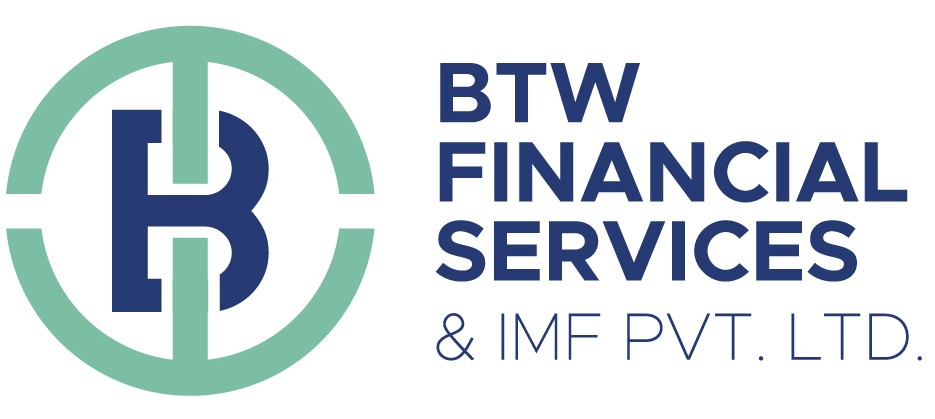
Walking into an interview without researching the company is like going to an exam without studying — you’re simply unprepared. Company research is one of the most critical steps in interview preparation. It helps you understand the organization’s culture, goals, and expectations, allowing you to tailor your answers and confidently present yourself as the right fit. In this blog, we’ll walk you through how to research a company effectively before an interview and use that knowledge to your advantage.
- Why Researching a Company is Crucial
- 1. Start with the Company’s Website
- 2. Dive Into Company Culture and Values
- 3. Learn About Their Products and Services
- 4. Review Recent News and Achievements
- 5. Explore Employee Reviews and Insights
- 6. Analyze Industry Position and Competitors
- 7. Understand the Job Role and Team Dynamics
- 8. Connect with Current or Former Employees
- 9. Use Your Research During the Interview
Why Researching a Company is Crucial
An interview isn’t just about your qualifications — it’s also about how well you align with the organization’s vision and goals. Employers want candidates who genuinely understand and appreciate their business. Doing proper research:
- Helps you tailor your responses to what the company values.
- Shows genuine interest and preparation.
- Reduces interview-day nerves by making you feel informed and confident.
1. Start with the Company’s Website
Your first stop should be the company’s official website. Explore these sections:
- About Us: Understand their mission, vision, and story.
- Leadership Team: Get familiar with key decision-makers.
- Careers Section: Learn about their hiring culture and other roles they’re recruiting for.
- Blog/News: Keep up with their latest projects, launches, or insights.
2. Dive Into Company Culture and Values
Companies are increasingly focused on cultural fit. Research:
- Their core values (often mentioned on the website or annual reports).
- Their work culture (check their social media pages for glimpses of office activities, employee stories, or CSR initiatives).
- Their mission statements — these often indicate the bigger purpose driving their operations.
3. Learn About Their Products and Services
Whether it’s a tech company, a bank, or an NGO, understanding what they do is non-negotiable. Go beyond the basics:
- Try their product (if applicable).
- Read customer reviews to gauge their reputation.
- Study their service offerings and unique selling points (USPs).
4. Review Recent News and Achievements
Stay updated on their recent milestones:
- Search for them on Google News.
- Check press releases on their website.
- Browse their LinkedIn updates for company announcements.
Why it matters: It shows that you’re aware of their growth and challenges.
5. Explore Employee Reviews and Insights
Websites like Glassdoor, AmbitionBox, and Indeed provide insights into:
- Work culture
- Salary ranges
- Interview experiences
- Pros and cons of working there
6. Analyze Industry Position and Competitors
To really impress, understand where the company stands in its industry.
- Who are their top competitors?
- How are they different?
- Are they a market leader, challenger, or emerging player?
This knowledge helps you engage in intelligent discussions if asked about their market presence.
7. Understand the Job Role and Team Dynamics
Re-read the job description to identify the skills they are prioritizing. Look for the department’s contributions in the company’s success — this prepares you for questions like, “How do you see yourself contributing to our team?”
8. Connect with Current or Former Employees
Reach out to employees on LinkedIn or your professional network. Ask about:
- Their work experience.
- Insights into team culture.
- Suggestions for interview preparation.
9. Use Your Research During the Interview
All this information is useless unless you apply it. Examples:
- When asked “Why do you want to work with us?” — reference their recent achievements or values you resonate with.
- Ask thoughtful questions like: “How does the company’s recent expansion impact this role?”
FAQs:
Q1. How much time should I spend researching a company?
Ideally, 2–3 hours of focused research is enough for most companies.
Q2. Should I mention that I looked up employees on LinkedIn?
Yes — but frame it positively (e.g., “I connected with one of your employees to understand more about the role.”).
Q3. What if I can’t find much information about the company?
Focus on their website and LinkedIn, and prepare general questions about their growth and future goals during the interview.




